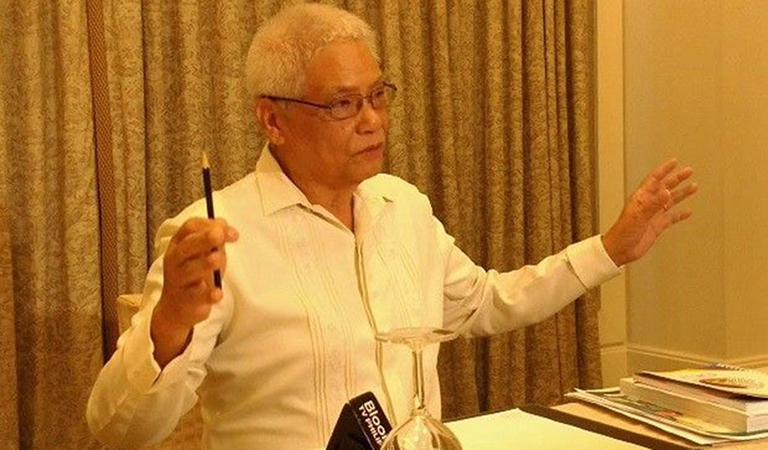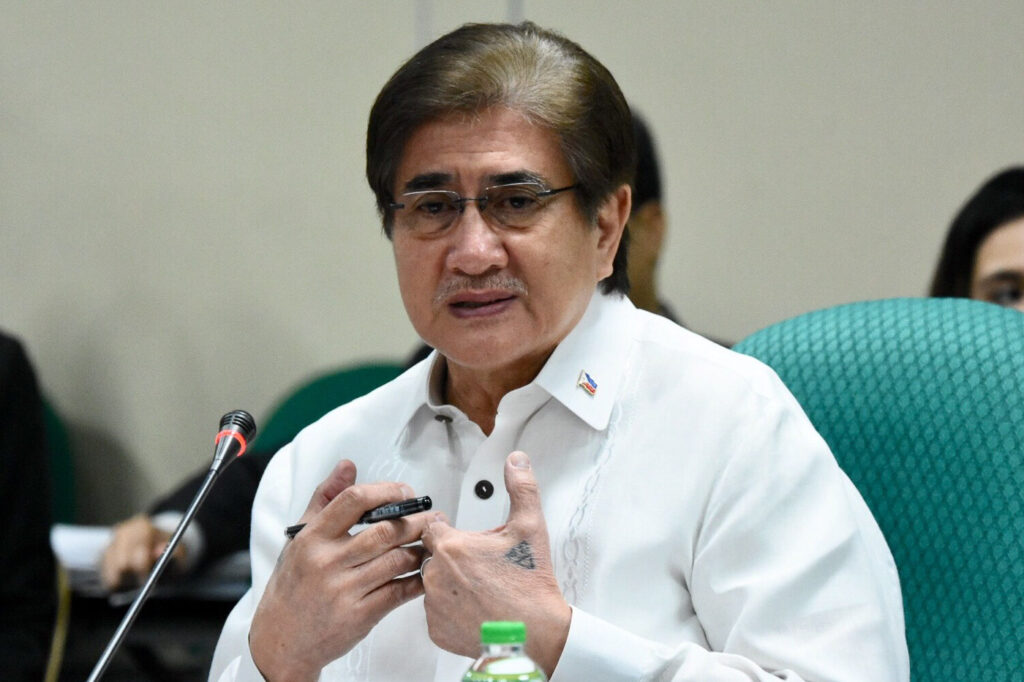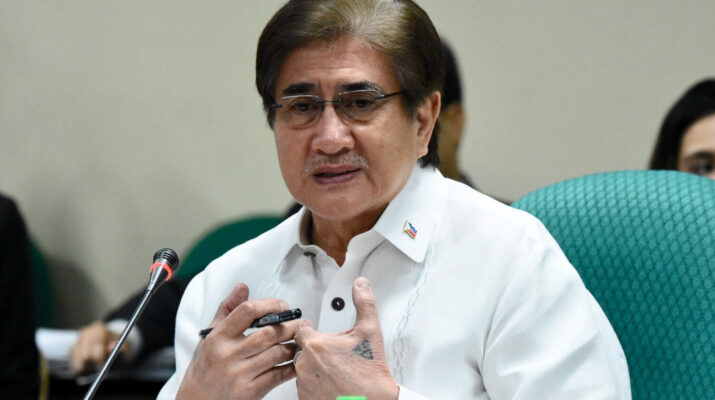What just transpired at the newly-established Department of Information and Communications Technology (DICT)?
First came the shock resignation of one of its top officials, Under-Secretary Eliseo Rio, who revealed that there were “serious problems” happening in his agency. While never mentioning it explicitly, he strongly hinted at anomalous use of the DICT’s funds — in particular the use of so-called “confidential funds”.
Confidential funds are allotted to government agencies for “surveillance activities in civilian government agencies that are intended to support the mandate or operations of the said agency”. According to Joint Circular 2015-1 by the Commission on Audit (COA) and the Department of Budget and Management (DBM), these can include payment to informants and for information “necessary to the implementation of programs relevant to national security”, rental of vehicles and supplies “related to confidential activities”, and funding for activities “to uncover or prevent illegal activities”.

Those same reasons are precisely why Usec. Rio resigned from his role. According to him, the DICT Secretary Gregorio “Gringo” Honasan kept him “in the dark” over how a staggering Php300 million from their department’s budget was spent.
Usec. Rio divulged that three tranches amounting to Php100 million each were disbursed as “cash advances” to the DICT on November 8, December 3, and December 17 in 2019. In other words, this mean a whopping Php300 million of taxpayer funds was somehow liquidated by the department in just over two months and were allegedly intended for “confidential expenses”.
Documents from the COA reveal that the amount disbursed came from unspent funds originally allotted for projects which never came to fruition. The state auditors lamented that by underspending its budget, the DICT “did not effectively perform its mandate for 2019, especially for cybersecurity”, and that the method by which Sec. Honasan liquidated the funds “violated rules on confidential funds”.
Joint Circular 2015-01 states that before any agency can make cash advances for confidential expenses it must first secure a Notice of Cash Allocation (NCA) from the DBM. But Usec. Rio bared that Sec. Honasan did not obtain NCAs for any of the three cash advances he made for the DICT, instead he used the NCA for the department’s unspent funds (intended for other projects) to justify the utilization of these funds.
The COA also noted that government agencies’ unspent budget can “only spend their unspent balance to pay for goods already delivered or projects already completed”, and not for a different purpose such as for confidential expenses. Adding to this, it appears the DICT were late in processing their confidential funds which was also flagged by the state auditors.
There are already many anomalies when scrutinising the DICT’s use of confidential funds, but the biggest question mark is why a civilian agency with the mandate of developing and securing our country’s ICT infrastructure and systems is spending money on surveillance and covert ops activities. One of the big revelations from this fiasco surrounding the agency’s use of its funds is that it was allocated a baffling Php800 million confidential funds budget in the 2020 Budget.
That amount is double the DICT’s confidential funds budget for 2019 and is the second highest among the different government agencies, only next to the Office of the President (OP) for fiscal year 2020. It is even higher than the confidential funds of the Philippine Drug Enforcement Agency (PDEA), which stands at only Php500 million, despite the ongoing “war on drugs”.
Why would this government agency, which was created to oversee ICT policy, infrastructure, and systems in the country, be given more funds for covert ops activities than actual law enforcement agencies? Usec. Rio himself declared that he was against the DICT using confidential funds since the agency “had no mandate” to conduct intelligence and/or surveillance activities.

The resigned DICT official also casted doubts on whether the cybersecurity agency could realistically conduct a surveillance or intelligence operation that lasted only two months, and could fairly command the price tag of Php300 million. If there were indeed cyberattacks thwarted by the agency’s efforts, then they should be able to record where the attacks came from and what, if any, damage it cost the Philippines’ ICT infrastructure and/or systems.
But again, it is rather suspicious that the government agency overseeing the country’s ICT technology and systems has been given a gargantuan sum to spend on surveillance and intelligence activities. It is not preposterous to wonder if the online activity of Filipinos are being monitored by this agency, and if that is the case what grounds do they conduct surveillance on?
Are all Filipinos subjected to surveillance, and how does this interact with our right to privacy? Is there any measure to ensure that the cybersecurity arm of the State is not being used to unfairly target the political opposition, what constitutes a justified surveillance of someone’s internet activity?
Though Sec. Honasan and Usec. Rio may have made amends with each other, their highly-publicised rift still revealed a lot about the executive branch’s youngest agency. Until the latter made his pronouncements, very little was known about the DICT, but now it seems it much different from the low-key government agency many assumed it to be.

